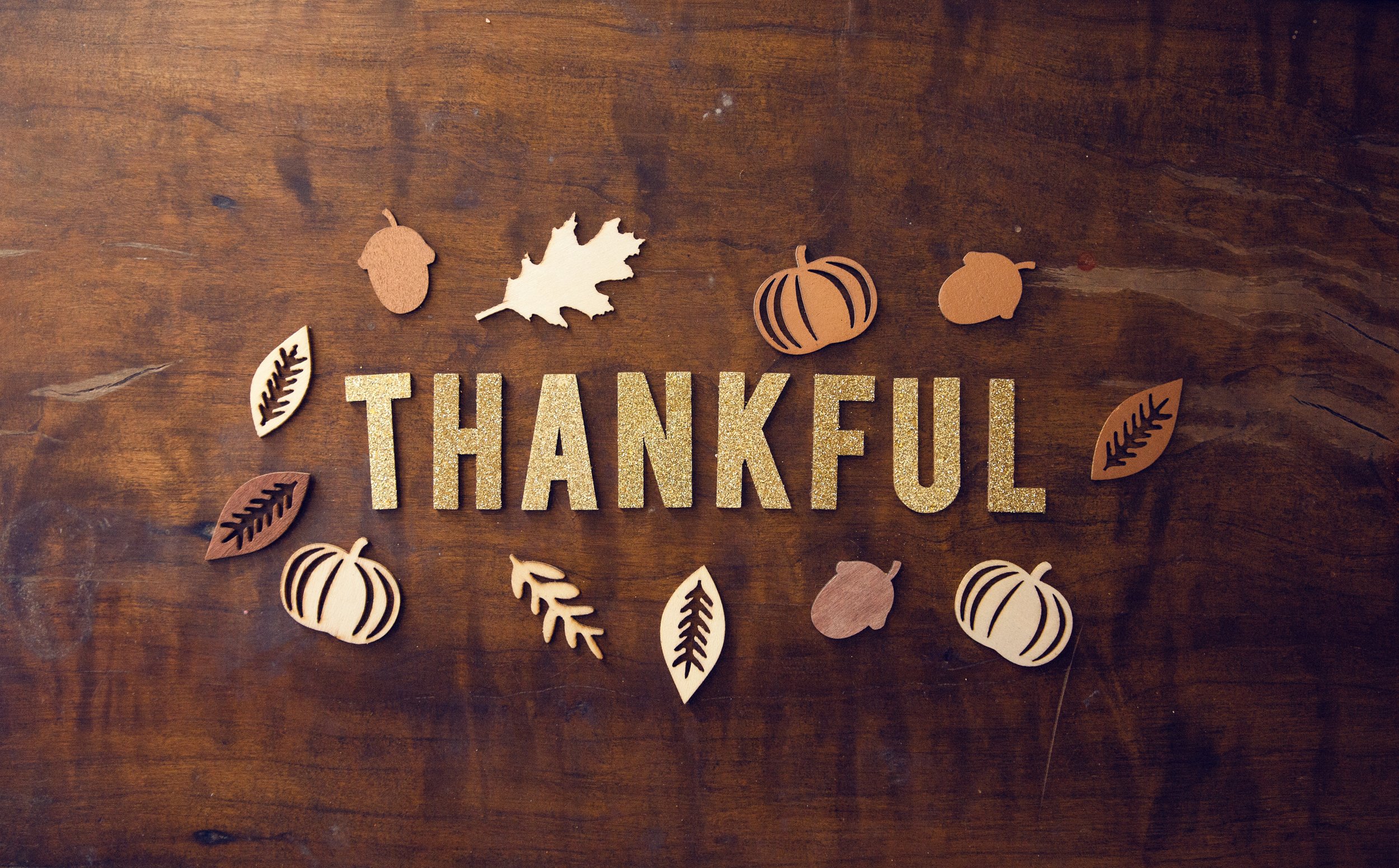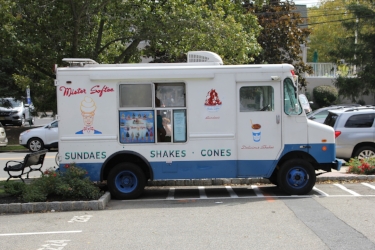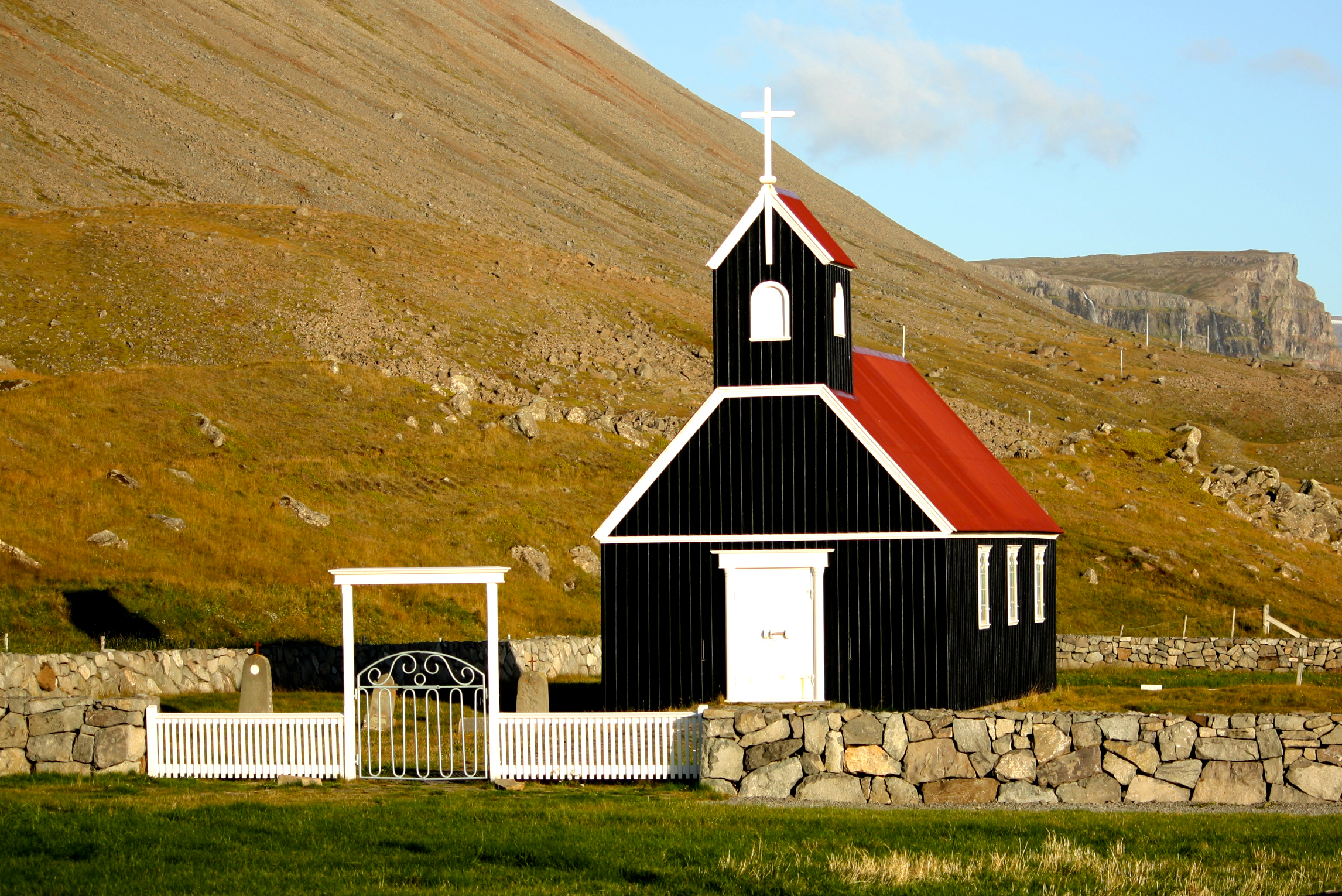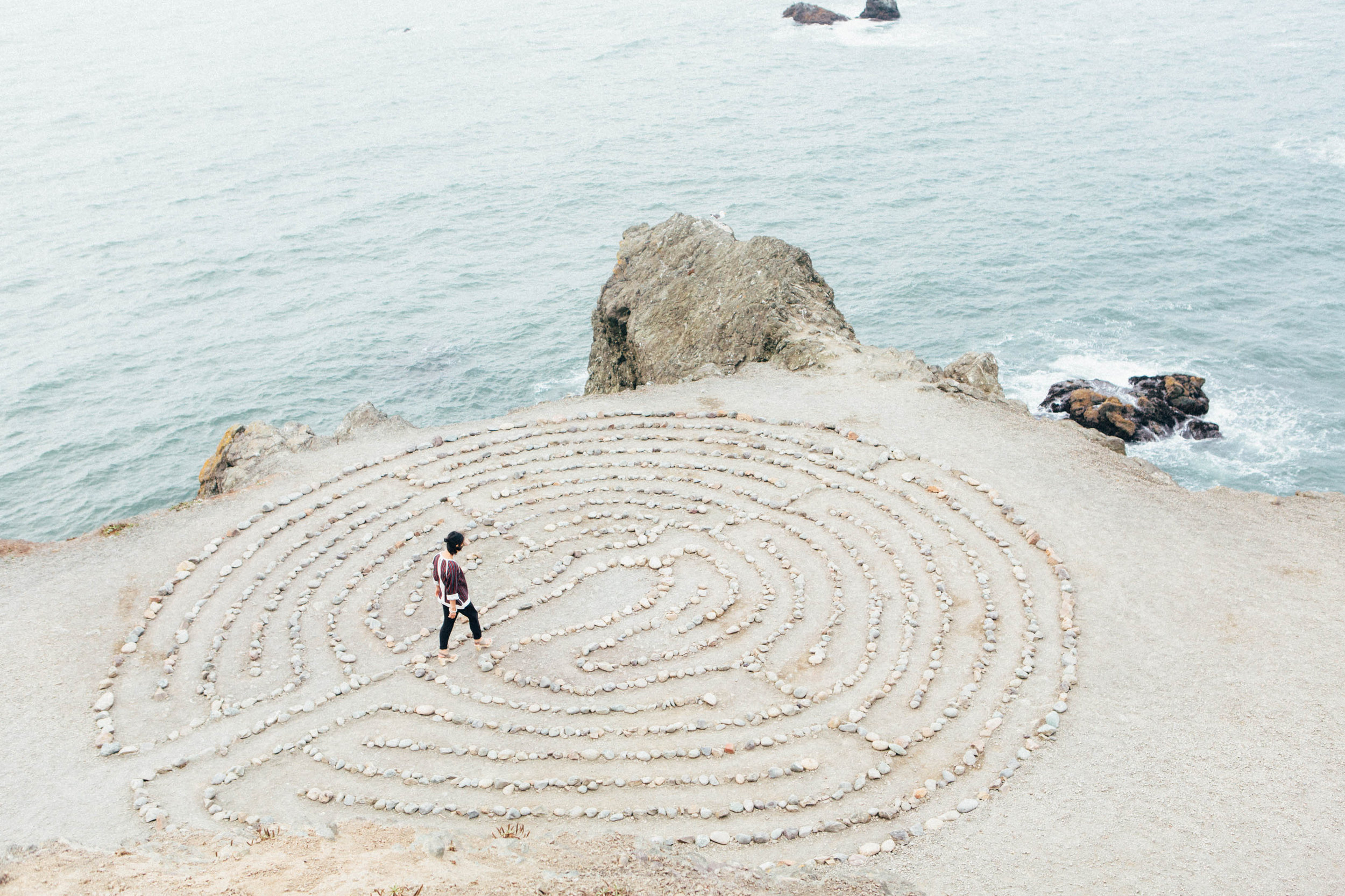Greensgrow started almost 22 years ago as a hydroponic lettuce grower on a recovered EPA Superfund site in Kensington. They are now a leader in the urban farming sector with two locations in Philadelphia. Ryan Kuck came to Saint Luke to speak about Greensgrow's history and continuously increasing impact on the community where it started. They have a year round growing operation in addition to a thriving garden center, pop up farmers markets, community-supported agriculture programs (a "Farm Share" program), and a community kitchen.
Ryan considers Greensgrow an "idea farm" where they also support a living wage for their 40 employees, experimenting in ways to address environmental issues like stormwater runoff, and offering corporate social responsibility opportunities. Their big take-away for consumers is that they encourage conversations and learning about their missions. They offer various workshops for anyone, plus school learning programs such as a Young Farmers program for elementary school students and a one day farming intensive class for high schoolers. They opened their second location in West Philadelphia two years ago and it is already very popular and filling a need for fresh produce and plants in this neighborhood.
Ryan was very engaging and talked about the many ideas Greensgrow has worked to turn into reality, and was more than willing to answer questions. One particular question got all of us thinking…
“What can folks in the suburbs do to advance the sustainability cause?”
Here is what Ryan Kuck, Executive Director of Greensgrow has to say:
1) Start somewhere.
A lot of people are paralyzed by the scope of the problem and their seemingly personal insignificance. There's plenty of tropes about how "the longest journey begins with a single step....", but it's true that overcoming that initial lack of confidence is often the biggest challenge. Most of what Greensgrow does is show people that there is an alternative that is possible. It doesn't matter what you do, or even if you succeed. We learn through failure, but the trying is what opens up doors and turns on the lightbulbs in the head.
2) Follow your passions.
I detest martyrdom, and pursuing dogmatically what is the "right" approach inevitably leads to disappointment. As if we even know what is "right." After you try a few different approaches, follow what you like rather than what feels the most important. There's nothing more demoralizing than dragging yourself out of bed each morning forcing yourself to do something you hate for a cause that never ends. If you like to bike, then bike to work or to the grocery store when you can. If you don't, don't feel guilty about driving but find something else you can build a routine around. If you hate worms, don't start composting. The urban farming world needs more accountants and engineers. Some people are born to plant trees, others are born to make sure there's money in the bank to get the trees to where they need to go. Focusing on what you CAN do, and can sustain, rather than what you SHOULD do builds a stronger and more resilient movement.
3) Understand the difference between being an ally and being an accomplice.
This terminology is used more and more in the fight for racial justice, but the same principles apply to our responsibility as stewards of the earth. An ally stands up for what is right, an accomplice tears down what is wrong. All 7 billion of us can't live like the average North American. What are you willing to give up to change that paradigm? Maybe you stop buying strawberries in December, maybe you hire a landscaper who plants native perennials, maybe you drive 65 instead of 75 to save a few MPGs and enjoy the scenery a bit more in the process. You can feel responsibility without feeling guilt. You can attend to that first and most impactful "R" in the sustainability trilogy - Reduce - without becoming a resentful curmudgeon.
4) Forget charity, INVEST in a better future.
Donate. Re-direct your dollars from propping up the stocks of oil companies to sustaining the people making meaningful change happen. More importantly, sustain that investment. Sign up for a recurring donation so I don't have to bug you each December for a check. Don't spread your money out but rather focus it where a larger amount can make a difference. Get involved. Mobilize your time, talent, AND your treasure by joining a board or organizing a fundraising happy hour at your home.
5. Most importantly, never stop asking questions.
Hang around some five year olds and learn to keep asking "Why?". Why does it have to be done this way? You don't have to have the answers, but asking the question opens up the chance that you'll meet someone who does.
Creator God, this earth, our home, is yours and everything in it is yours. We see your fingerprints all around and are filled with praise. May we care for your creation, preserving it and cherishing it, for in doing so we actively agree with you- that it is indeed “good.” Amen.
Special thanks to guest blogger, Ellen Flatt for her reflection on Ryan's recent visit to Saint Luke. Ellen is a part of Saint Luke's adult education team. Gratitude also goes out to Ryan Kuck of Greensgrow for his ideas on how we can care for God's creation.


































































































